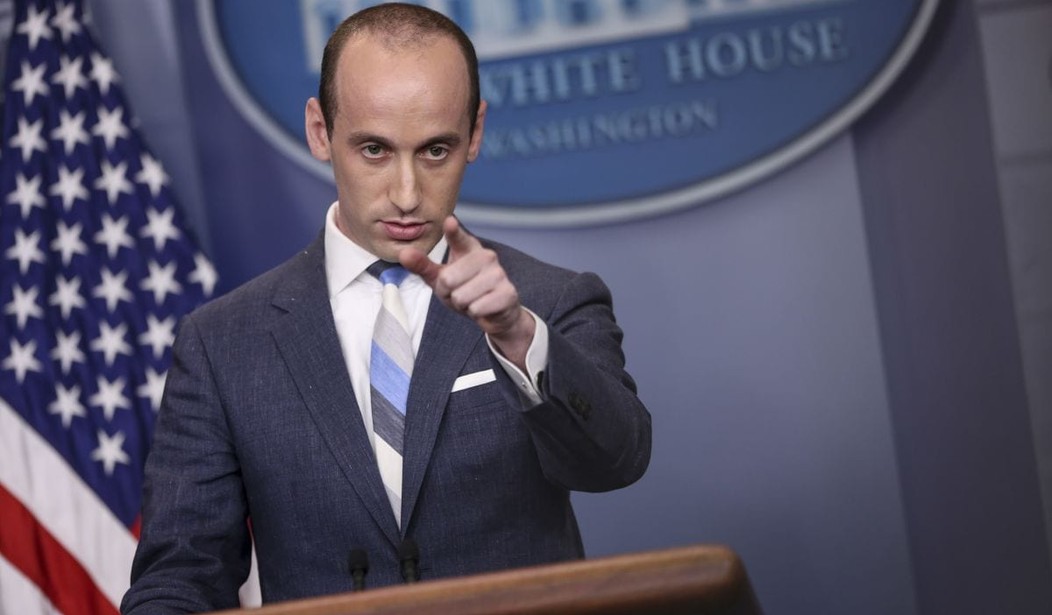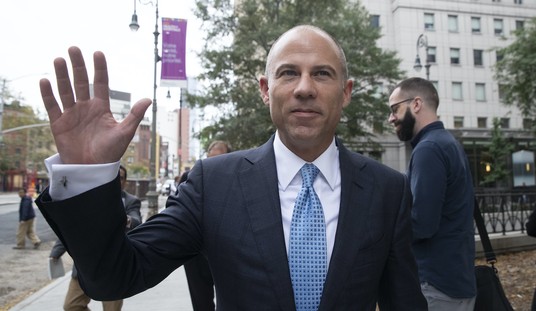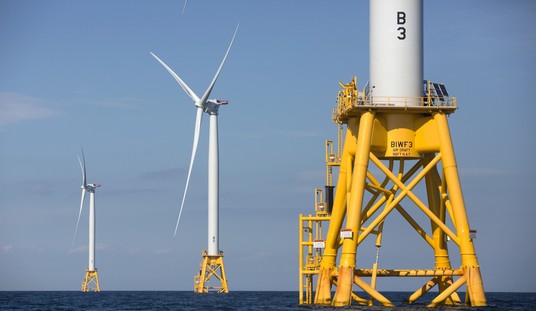When Stephen Miller accused CNN’s Jim Acosta of harboring a “cosmopolitan bias,” you just knew that some idiot liberal somewhere would find a negative connotation to it.
Sure enough, Jeff Greenfield at Politico fills us in:
[I]t reflects a central premise of one key element of President Donald Trump’s constituency—a premise with a dark past and an unsettling present.
So what is a “cosmopolitan”? It’s a cousin to “elitist,” but with a more sinister undertone. It’s a way of branding people or movements that are unmoored to the traditions and beliefs of a nation, and identify more with like-minded people regardless of their nationality. (In this sense, the revolutionary pamphleteer Thomas Paine might have been an early American cosmopolitan, when he declared: “The world is my country; all mankind are my brethren, and to do good is my religion.”). In the eyes of their foes, “cosmopolitans” tend to cluster in the universities, the arts and in urban centers, where familiarity with diversity makes for a high comfort level with “untraditional” ideas and lives.
For a nationalist, these are fighting words. Your country is your country; your fellow citizens are your brethren; and your country’s traditions—religious and otherwise— should be yours. A nation whose people—especially influential people—develop other ties undermine national strength, and must be repudiated.
One reason why “cosmopolitan” is an unnerving term is that it was the key to an attempt by Soviet dictator Josef Stalin to purge the culture of dissident voices. In a 1946 speech, he deplored works in which “the positive Soviet hero is derided and inferior before all things foreign and cosmopolitanism that we all fought against from the time of Lenin, characteristic of the political leftovers, is many times applauded.” It was part of a yearslong campaigned aimed at writers, theater critics, scientists and others who were connected with “bourgeois Western influences.” Not so incidentally, many of these “cosmopolitans” were Jewish, and official Soviet propaganda for a time devoted significant energy into “unmasking” the Jewish identities of writers who published under pseudonyms.
What makes this history relevant is that, all across Europe, nationalist political figures are still making the same kinds of arguments—usually but not always stripped of blatant anti-Semitism—to constrict the flow of ideas and the boundaries of free political expression. Russian President Vladimir Putin, for example, has more and more embraced this idea that unpatriotic forces threaten the nation.
There is absolutely nothing “sinister” about “cosmopolitan” — a curious choice of words to describe what used to be a compliment. Cosmopolitan meant “worldly” and was shorthand for urbanites and other sophisticates who went to art museums, listened to classical music, and got dressed up for cocktail parties. (Yeah, I’m old enough to have gone to cocktail parties at one time.)
The word has far more “sinister” connotations on the European continent than here. Which is why I was taken aback by Greenfield’s personal definition of the word:
It’s a way of branding people or movements that are unmoored to the traditions and beliefs of a nation, and identify more with like-minded people regardless of their nationality.
Says who? Miller wasn’t saying that at all. The put-down had to do with Acosta being a spokesman for the coastal, urban elites, not some un-American “citizen of the world.” I doubt the latter even crossed Miller’s mind.
And by the way, it’s true. The coastal elites do not believe what the rest of America believes about a wide variety of political, cultural, and social issues. Polls reflect this. They do not embrace terms like “patriotism” in the same way that those of us in flyover country do. This doesn’t mean they aren’t patriotic in an esoteric sense. But they seem perfectly willing to subsume American interests overseas to our detriment.
You don’t have to be a rabid nationalist to recognize that there is a chasm that separates people like Acosta from the rest of us. We are looking across a great divide at one another that is only getting wider as frustration on both sides grows. The elites are flabbergasted that ordinary Americans won’t embrace their radical social agenda while the rest of us are horrified that the elites are trying to shove it down our throats.
“Cosmopolitan” may have become a pejorative, but its history in the U.S. doesn’t reflect that. It used to be something that young men on the make would aspire to be. Now, it’s just a dismissive term directed at the most openly biased propagandist for the left in America.









Join the conversation as a VIP Member